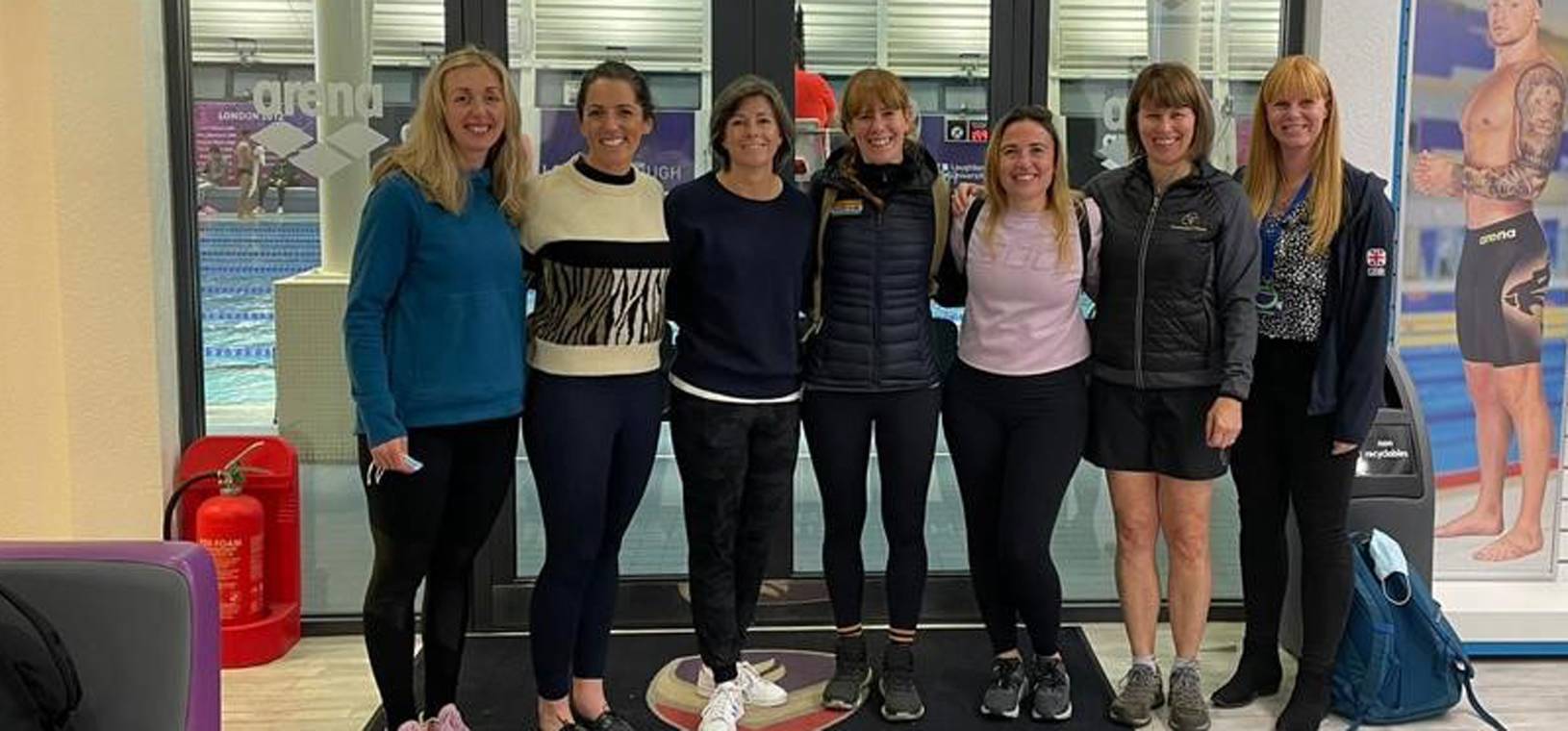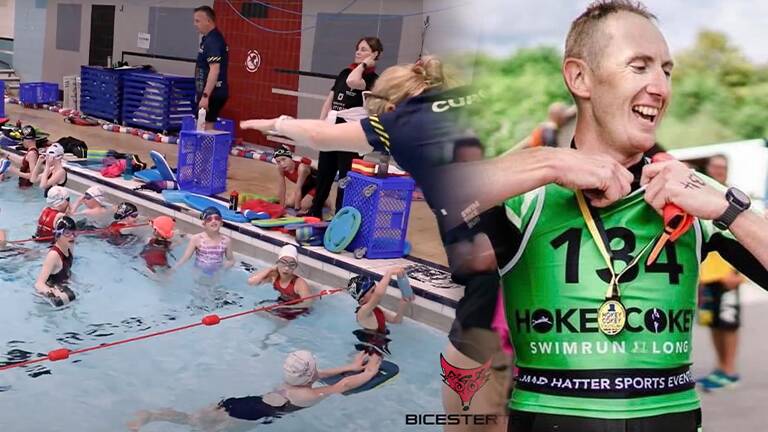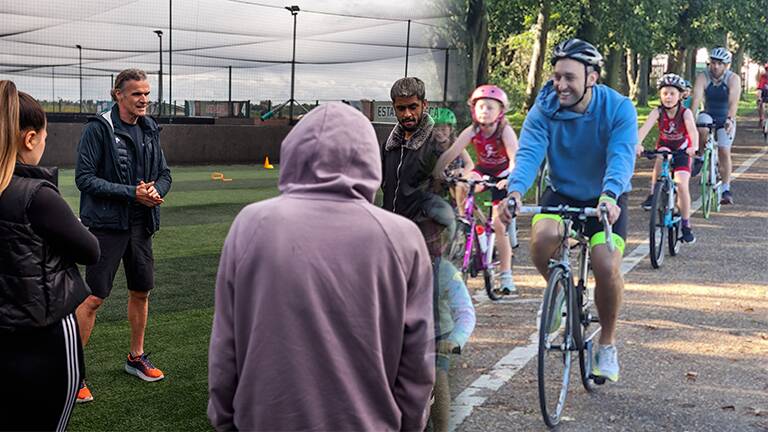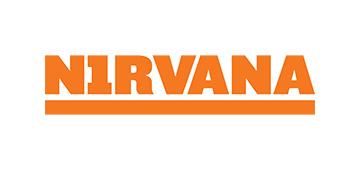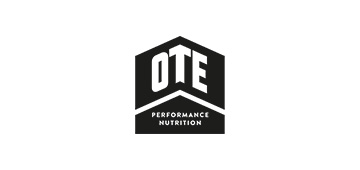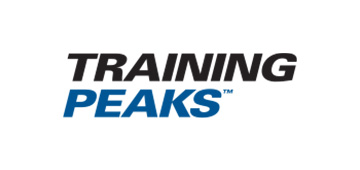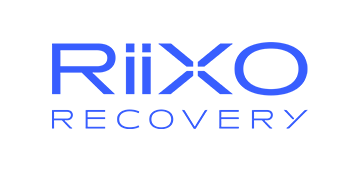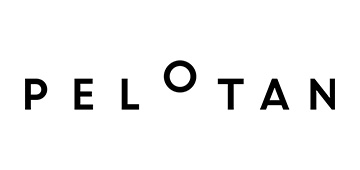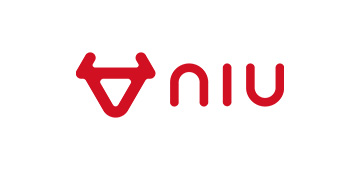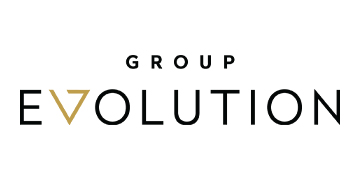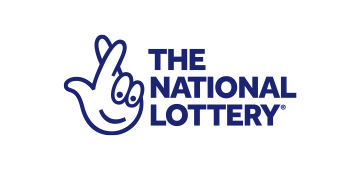Launched in January, Triathlon England’s Women’s Coach mentoring programme was established to not only provide mentorship and support to some of the country’s up and coming female coaches, but also attempt to knock down the perceived barriers that are in place for top-level female coaches.
Triathlon England launched the programme to encourage more women to progress in their coaching journey and to narrow the gender gap in performance coaching by developing individual to help shape the future of our sport.
The programme paired seven female coaches from across England with expert mentors including Lead Paratriathlon Coach Bex Milnes and Leeds Triathlon Centre Head Coach Rhys Davey.
Everyone that applied for the programme but wasn’t selected was invited to a whatsapp group which created a female community of practice which offered support and advice from peers.
One of the coaches in the network is Sami Anderson, head coach at her club and 1-2-1 coach to a number of athletes. Through the programme, she’s been mentored by Emma Springham, British Triathlon Coach Educator and Triathlon England East Region Skills School Lead.
Speaking about why she wanted to be part of the network, Anderson said:
“I absolutely love coaching but I did start to feel a little isolated and because I’m a head coach where I am, I wanted to find a network of people who were experiencing the same challenges that I was and to develop a support system.”
Each coach in the programme has been paired up with a mentor who is on hand to offer advice and help them develop, however, the network of coaches all support one another as well.
“Emma’s my mentor and she’s amazing, so obviously that partnership has been fantastic,” Anderson added. “I wasn’t expecting the same support from the other people on the programme, so that’s been really good, and Carrine has become a brilliant friend and we’re in touch like every day.
“I think possibly it’s given me more longevity in coaching, because I think you do come up against quite a few barriers and Emma and the other people in the programme have helped me break those down.”
Anderson describes the network as “high support, high challenge”, championing bringing coaches together to share ideas and develop.
“It’s really important to create opportunities to meet other coaches,” she said. “I’ve got a great group of club coaches [at the club], but a lot of them have their full time jobs and then go and coach, so this has definitely given me a platform and a supportive network to go to.
“Emma’s brilliant, everything we’ve discussed starts around triathlon but it grows a lot more than that. It is about you as a person and self-reflection and self-development. Yeah she’ll help with really specific things that I need to work on but it’s much broader than I ever anticipated it would be.”
From the mentor’s perspective, Springham has found that as well as helping Anderson to develop, she’s found the benefits to her own coaching too.
“I’ve really enjoyed it,” she explains. “As the mentor, it’s a completely different role from anything I’ve ever done before, so it’s a lot of learning. I’ve had to ask a lot of questions to learn how to help me help Sami.
“Things that I’ve been through aren’t changing that much and I really want to effect the change, because things that she’s going through, I went through five-ten years ago.
“They’re small little things but they can make the world of difference. Building the female coach workforce’s confidence in themselves, that they can do it. One negative comment isn’t going to stop you from achieving what you can achieve. It’s like when you’re coaching your athletes, it’s about being your best but you can still do this as a woman in this world that was very male dominated.”
When asked about the biggest barriers to female coaches, Springham has a clear idea of one of the main ones.
“Imposter syndrome,” she stated. “We look at a CV, we look at anything and unless we can do it 110%, we won’t do it. Whereas if you talk to lots of men, they’ll be able to do 50/60% and think ‘yeah, I’ll go for it’.
“I’ve let her know it’s ok to feel the way she feels and to not have to be the best at everything. To push yourself to be the best at one thing at a time and you don’t have to keep striving for the net thing and the next thing.
“Having a work/life balance, basically making sure your family’s key and you don’t feel like you’re letting everything down, you’re managing everything.”
Reflecting on her involvement in the programme, Springham concluded:
“Oh my gosh, I loved it. For my growth as well, just learning things and how it’s made me feel, but also seeing Sami over the last eight months, nine months, the ups and downs we’ve been through together.
“Sometimes I didn’t know if what I was saying was the right thing, but actually it really was. That’s from experience and trusting my gut, and actually it’s helped her immensely – well I think it has, hopefully she’ll say the same thing! - so that she’s not alone and actually it’s made me not feel so isolated, because it can be quite isolating doing the job that we do.
“This programme, I haven’t been just insightful to somebody else, it’s been really helpful for me as well.”

